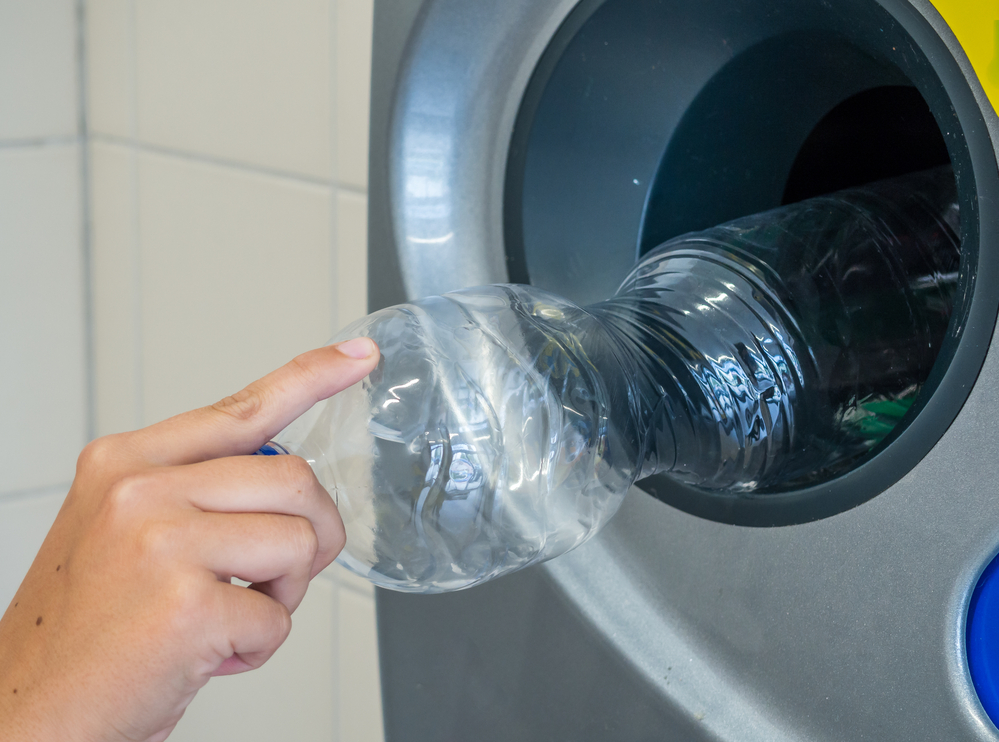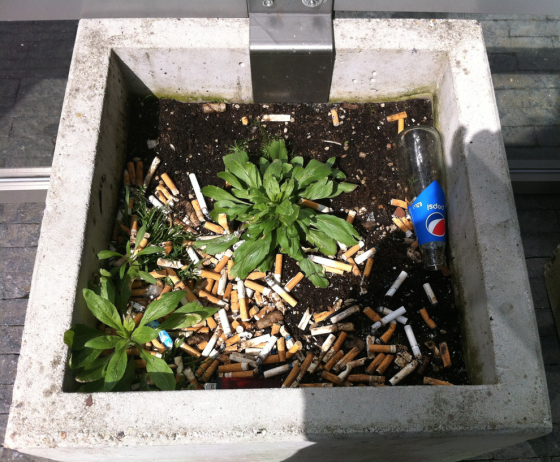Netherlands lags on raising awareness of single use plastics ban


The Netherlands has not got to grips with EU legislation banning forms of single use plastic, according to a report by environmental campaigners.
Three organisations, Seas at Risk, Surfrider Europe and Zero Waste Europe, have published a report summing up progress across the EU to implement the single-use plastics directive.
The directive bans certain plastic items which are used and thrown away, and which have readily-available alternatives that are less damaging to the environment. It includes straws, cotton bud sticks, wet wipes and food containers, and aims to reduce pollution on European beaches and waters.
Although the ruling came into force on January 1 2022, the report says that some countries are ‘laggards’ in introducing local legislation, others are ‘unambitious’ and some have ‘adopted damaging measures or exemptions.’
Red mark
The report praises the approach in countries such as France, Luxembourg, Sweden and Ireland. Although the Netherlands scores well on bans, product marking and separate collection points, it gets a red mark for not reducing consumption of single use plastics.
Overall, the country’s adoption of the measures is ‘underway or incomplete’, according to the report – lagging well behind neighbouring France.
‘Countries such the Netherlands tend to focus their awareness raising efforts on influencing consumer behaviour towards less littering, which constitutes quite a conservative approach to awareness-raising on SUP [single use plastics], since users at large should be targeted, including public administrations and small and large businesses,’ the report notes.
Cigarettes
Although it labels the country one of the ‘laggards’ on overall awareness, it praises campaigns such as an annual cigarette butt pick up. Cigarette butts also contain plastic, and some MPs and green campaigners in the Netherlands have been advocating a ban.
Meanwhile, a deposit scheme for small plastic bottles, introduced this year, is thought to have increased recycling by around 80%.
But Marijke Boonstra, project leader on clean seas at Stichting De Noordzee, who contributed to the report, told Dutch News there was more to be done: ‘If the Netherlands is serious about tackling problem of plastic pollution, it should show more ambition,’ she said. ‘The Netherlands should set targets for reuse, expand deposit systems for all beverage packaging and impose more bans on unnecessary single-use plastics.’
Larissa Copello, a campaigner at Zero Waste Europe, said in a press release that more can also be done across the EU to ensure polluters pay: ‘Correct implementation is crucial to realise the “polluter pays” principle, guaranteeing that producers bear 100% of the clean-up costs for littered single-use plastic items.’
Thank you for donating to DutchNews.nl.
We could not provide the Dutch News service, and keep it free of charge, without the generous support of our readers. Your donations allow us to report on issues you tell us matter, and provide you with a summary of the most important Dutch news each day.
Make a donation